Speakers
Below you find a list of confirmed speakers. More to come!

Julia Steinberger travelled through physics and industrial ecology before landing as an ecological economist. As Professor of Societal Challenges of Climate Change at the University of Lausanne, she explores the relationship between energy use and social outcomes, how much energy is required for decent living, and how provisioning systems can deliver better outcomes with less energy. She was a recipient of a Leverhulme Research leadership Award for her research project 'Living Well Within Limits', investigating how universal human well-being might be achieved within planetary boundaries, and currently co-leads the ERC Synergy Grant 'REAL: A Post-growth Deal', advancing scientific research for realising post-growth transformations. Julia was Lead Author for the IPCC’s 6th Assessment Report with Working Group 3.
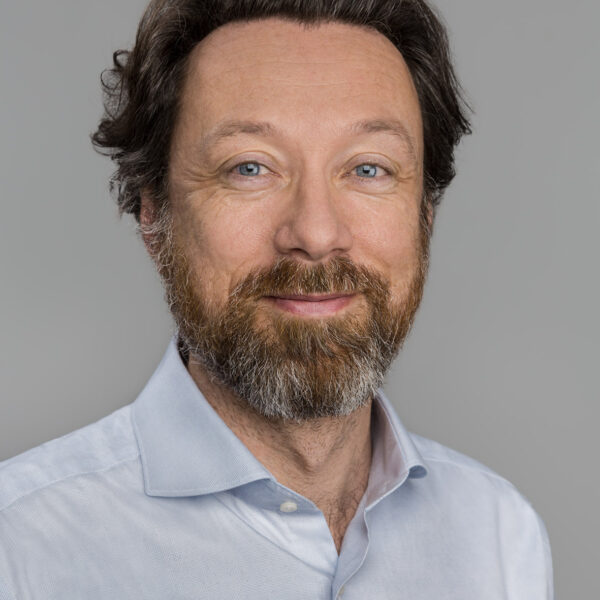
Michiel Schaeffer is co-founder and Chief Scientist at Climate Analytics. He has over 20 years of experience and expertise in climate modelling and climate impact science, energy-system analysis, mitigation and adaptation, and providing scientific advice at the climate-policy interface for both developing and developed countries. Michiel focuses on expanding Climate Analytics’ research and expertise, and helps bring together the scientific assessments with the policy applications across Climate Analytics. He is an author of, among others, UNEP Emissions and Adaptation Gap reports, World Bank Turn Down the Heat reports, the IPCC’s Fifth Assessment Report and many peer-reviewed scientific studies. He received his PhD in Dynamic Meteorology and is affiliated with the International Islamic University of Indonesia and the Copernicus Institute for Sustainable Development at Utrecht University.
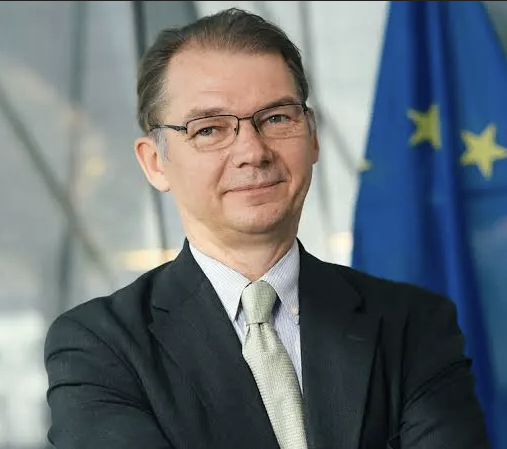
Philippe Lamberts is a Belgian Green politician who served as a Member of the European Parliament from 2009 to 2024. During his tenure, he helped secure an amendment to the Fourth Capital Requirements Directive that capped financial-sector bonuses, pushed for the 2015 parliamentary inquiry into tax rulings and preferential corporate treatment, and served on the Brexit Steering Group coordinating the EU’s response to the UK’s withdrawal. As co-President of the Greens/European Free Alliance group from 2014 to 2024, he played a central role in shaping the group’s economic, industrial and climate agenda at the European level. Since leaving Parliament, he has continued to work on EU climate and economic policy, including advising on efforts to meet the EU’s 2030 climate targets and advance climate neutrality by 2050.

Ben Franta is a Senior Research Fellow in Climate Litigation at the Oxford Sustainable Law Programme and the founding director of the Climate Litigation Lab. His research focuses on applying rigorous methods to the practical challenges of climate litigation around the world and has been published in Nature Climate Change and The Guardian, among others, translated into 10 languages, and cited in the US Congressional Record. Ben holds a PhD in Applied Physics from Harvard University, a separate PhD in History from Stanford University, a JD from Stanford Law School, and an MSc in Archaeological Science from the University of Oxford. He is also a licensed attorney and a member of the State Bar of California.
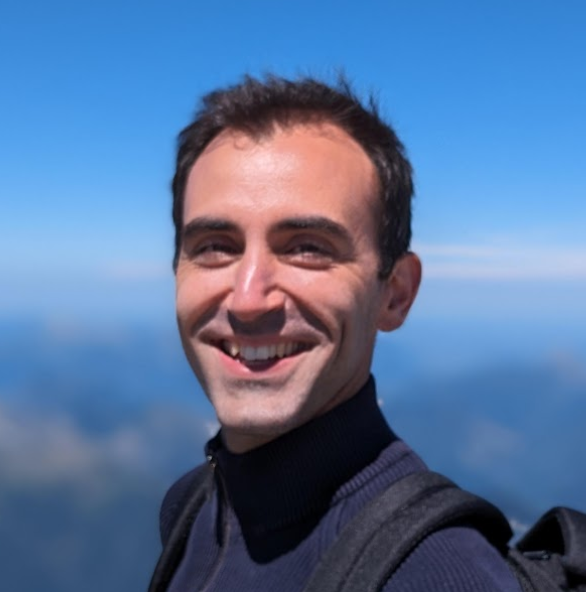
Vítor Vasconcelos is Associate Professor at the Computational Science Lab at the University of Amsterdam. He works on mathematical and computational models of human collective behavior to anticipate the intended and unintended consequences of interventions in complex social systems. Vítor co-leads the Polder initiative at the Institute for Advanced Study and coordinates the new Master’s program in 'Complex Systems and Policy' at the Institute for Interdisciplinary Studies. Previously, Vítor was a visiting research scholar at the Andlinger Center for Energy and the Environment and the Princeton Institute for International and Regional Studies, where he also did two postdocs after finishing his PhD in physics.
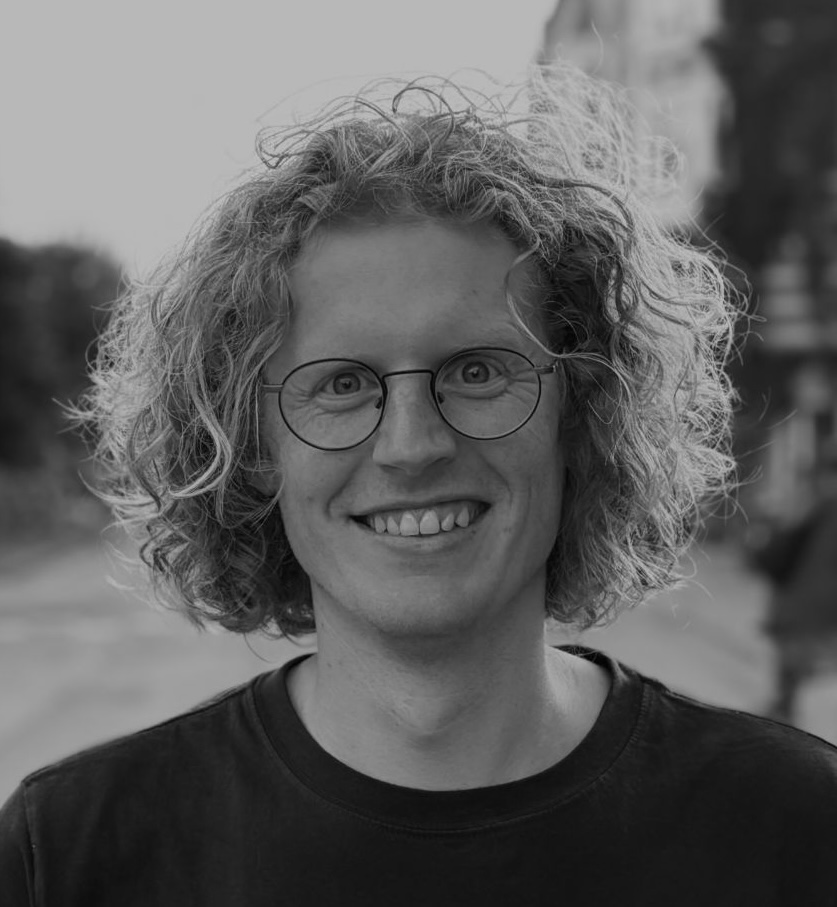
Kristian S. Nielsen is an Assistant Professor at the Department of Management, Society and Communication, Copenhagen Business School. His research focuses on the role of behavior change in mitigating climate change and conserving biodiversity. Kristian is particularly interested in how individual behavior changes can help limit climate change, in identifying effective, scalable behavior change interventions, and in increasing the feasibility of transformative climate initiatives. His research is rooted in quantitative environmental psychology and behavioral science, but with an interdisciplinary outlook. Before joining Copenhagen Business School, Kristian was a postdoctoral researcher in the Departments of Psychology and Zoology at the University of Cambridge.
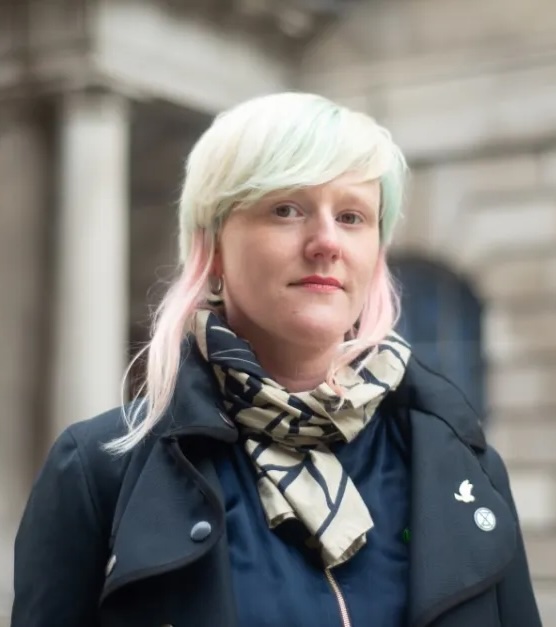
Clare Farrell is a designer and co-founder of Extinction Rebellion, devoting her creativity, energy, and occasionally her personal liberty to fight against climate and environmental breakdown. She coordinated the creative team that delivered the name, identity, and messaging that Extinction Rebellion set out with in 2018. Clare is currently a stragist at Absurd Intelligence, which is convening and catalyzing a network of interdisciplinary experts to create a mass arts and culture movement that unites us in a desire to build a better world. She is also involved with the Humanity Project, working to create a new democratic culture for the UK to face the 21st century.

Rachel Donald is the creator of Planet: Critical, the podcast and newsletter for a world in crisis with 34,000+ subscribers from 186 countries. Planet: Critical connects the dots of science, art, language, politics, media, philosophy and power to reveal the big picture. Rachel is also the founder of Planet: Coordinate, a documentary series investigating what to do for a world in crisis. Rachel's world exclusive investigations into climate corruption have been published in The Guardian, Al Jazeera, Mongabay, The Intercept, Byline Times and the New Republic.
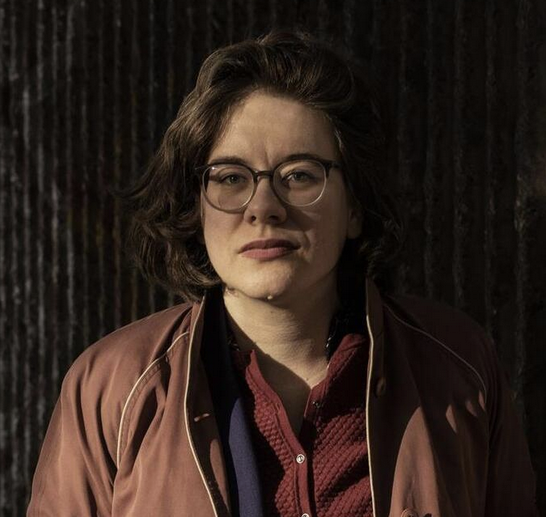
Harriët Bergman is a philosopher, researcher, and activist working on climate justice, political emotions, and social change. She completed her PhD at the University of Antwerp, where her research examined the role of privilege in climate justice activism, with a focus on emotions, narratives, strategies, and radicality. Her research interests include political emotions, ecofascism, activism, and social change. She is currently working on a popular philosophy book on different conceptions of violence for ISVW Uitgeverij. She is a member of Climate Obstruction NL, a network of researchers and academics investigating the fossil fuel industry’s ongoing efforts to maintain business as usual and obstruct meaningful climate action. In addition, she works as a coordinator, coach, and workshop developer at Stroomversnellers, a trainers’ collective that supports social movements.